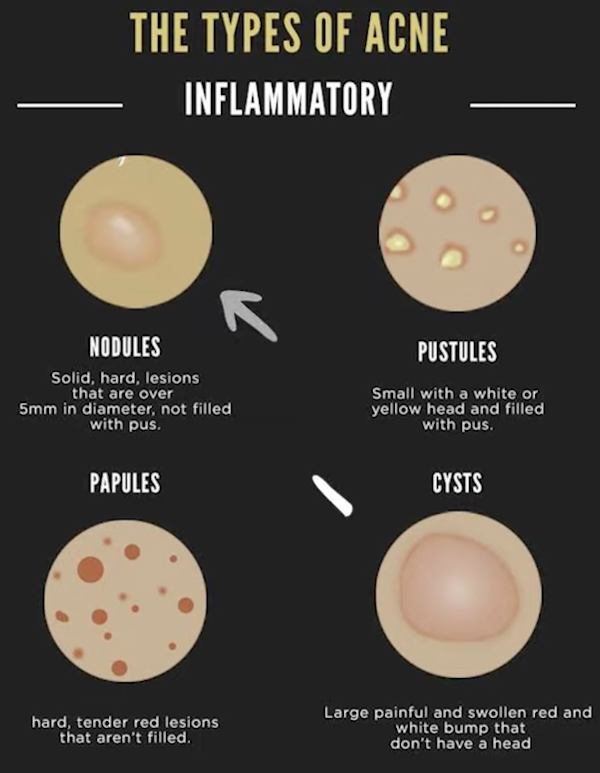
These keywords are not as popular as “wedding photographer”. We can also see longer variations on the results page. We are filtering the long list to create a short list with commercial intent. Think about what a person wanting to hire a wedding photographer might search for.Īs we type these terms, the list of keyword suggestions shrinks dramatically. Brainstorm with a business associate if you wish. These variations are easy to come up with. Let’s create filters to see only question-based on commercial terms, like: The keyword results page shows us a long list of search terms, based on the seed keyword (“wedding photographer”). Let’s see what Ubersuggest can tell us about intent. There are also related phrases with commercial intent (the key to attracting profitable traffic). Longer search phrases that qualify “wedding photographer” might give us clues as to the searchers’ intent. That group might actually be 95% of the searchers.

That’s the group that wants to pay you money. Your interest is only in the second group. These are not, since the searchers are not planning a wedding. Some informational searches are precursors to buying. The people in these groups want information. The first and third searches are informational searches. We can assume that some of the people searching for this term want to: We see that “wedding photographer” has an average monthly search volume of 40,500.
#Intriguing datum free#
Let’s boot up Ubersuggest, a free and capable keyword research tool. That term might get a ton of searches, but does that make it a good keyword to target? Have you considered the intent of the users who search for “wedding photographer”? Let’s look at an example: “wedding photographer”. There’s more to attracting paying customers than just numbers.ĭo you make this mistake? It might be that you are focusing too much on your industry rather than on the audience. There are more mosquitoes in the world than humans, but they don’t have much purchasing power.

“You must find keyword opportunities that have low competitiveness.”Īlthough metrics are important, you shouldn’t pin your hopes solely on the numbers. “You need a target keyword with a high search volume.” Why? Because that’s what the gurus keep harping on:

When doing keyword research, a lot of marketers focus on the metrics. If you want amazing results from your SEO efforts, here are four keyword research pitfalls to avoid. Not more traffic, necessarily, but more customers.Ĭustomer: (n) a person wanting to give you money in exchange for what you have to offer. Remember that the goal of SEO is not to rank high. You didn’t do your homework.īreezing through your keyword research like it’s nothing is a foundational mistake that can cost you hundreds of thousands of dollars. You didn’t study user intent before matching keywords to content. Then it hits you - you were targeting the wrong keywords all along. Despite ranking first and running PPC campaigns, your site isn’t raking in the cash. Plus, you went all in and got your hands dirty with pay-per-click (PPC).īut, wait. You finally manage to reach the first page.

Picture this: you pour in thousands of dollars building links. The SEO landscape can be unforgiving to those who cut corners.


 0 kommentar(er)
0 kommentar(er)
